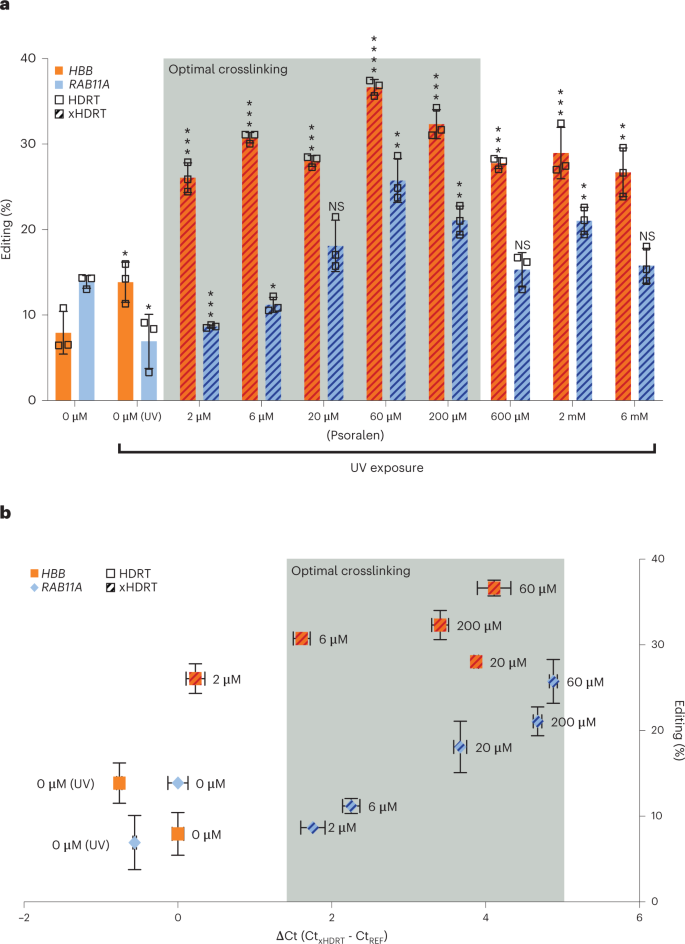2023-05-11 ブラウン大学
◆脊髄の運動ニューロンの連結性の喪失が、老化による自発運動の障害の原因であることが判明し、治療方法を見つけることが可能であるとのことです。今後は、老化による脊髄運動ニューロンの分子機構を標的とした研究が進められる予定です。
<関連情報>
- https://www.brown.edu/news/2023-05-11/motor-neurons
- https://insight.jci.org/articles/view/168448?utm_source=submission_site&utm_medium=email&utm_campaign=notice-of-publication#top
加齢はマウス、霊長類、ヒトの脊髄運動ニューロンの随意運動の基礎となるメカニズムを変化させる Aging alters mechanisms underlying voluntary movements in spinal motor neurons of mice, primates, and humans
Ryan W. Castro, Mikayla C. Lopes, Robert E. Settlage and Gregorio Valdez
Journal of Clinical Investigation Insight Published May 8, 2023
DOI:https://doi.org/10.1172/jci.insight.168448

Abstract
Spinal motor neurons have been implicated in the loss of motor function that occurs with advancing age. However, the cellular and molecular mechanisms that impair the function of these neurons during aging remain unknown. Here, we show that motor neurons do not die in old female and male mice, rhesus monkeys, and humans. Instead, these neurons selectively and progressively shed excitatory synaptic inputs throughout the soma and dendritic arbor during aging. Thus, aged motor neurons contain a motor circuitry with a reduced ratio of excitatory to inhibitory synapses that may be responsible for the diminished ability to activate motor neurons to commence movements. An examination of the motor neuron translatome (ribosomal transcripts) in male and female mice reveals genes and molecular pathways with roles in glia-mediated synaptic pruning, inflammation, axonal regeneration, and oxidative stress that are upregulated in aged motor neurons. Some of these genes and pathways are also found altered in motor neurons affected with amyotrophic lateral sclerosis (ALS) and responding to axotomy, demonstrating that aged motor neurons are under significant stress. Our findings show mechanisms altered in aged motor neurons that could serve as therapeutic targets to preserve motor function during aging.


